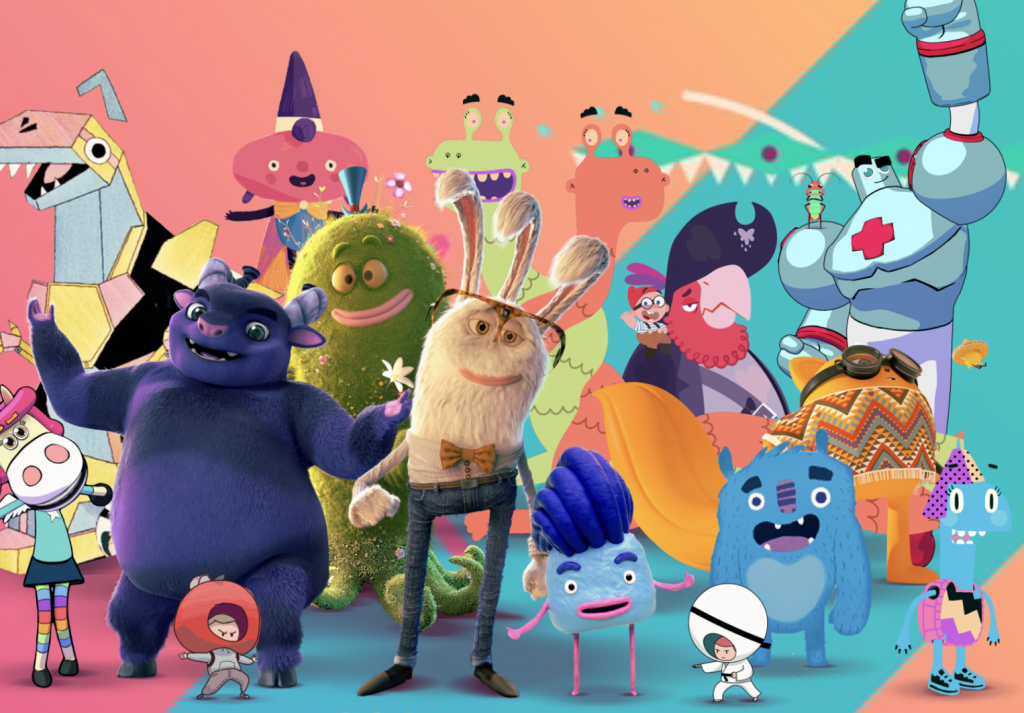
Imaginary Friends Give Kids Heartwarming Support
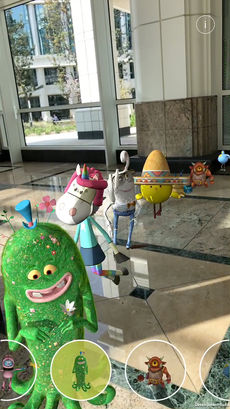
The friends in live AR action. Via Apple.
Cancer can be a terrifying and confusing experience for patients and family members, especially for the youngest patients. The Pediatric Brain Tumor Foundation (PBTF), however, is aiming to help the lives of children affected by cancer with the help of the lively cartoon characters of the Imaginary Friend Society, featured on the PBTF’s website and in an augmented reality (AR) iOS app debuted in cancer treatment centers across the country to help entertain and educate children.
The “world’s largest nonprofit dedicated to families facing a child’s brain tumor diagnosis,” the PBTF developed the Imaginary Friend Society in cooperation with Los Angeles-based ad agency RPA and a host of creative talent from different backgrounds. The Imaginary Friends Society app links children battling cancer with advice and reassurance from the app’s titular animated characters.
In the simple and easy-to-use app, children can select from a host of the friends and place the 3-D characters in an augmented scene, interacting with the zany friends as they offer words of encouragement.
Additionally, the Imaginary Friend Society features a series of 20 animated videos on the project’s website, where the friends help children understand some of the challenging and scary experiences of battling cancer in kid-friendly episodes on everything from understanding what a tumor is and how MRIs work, to dealing with the difficult symptoms of cancer and its often rigorous treatments, such as dealing with fatigue and hair loss.
The cartoon friends even help teach about subjects of difficult and even existential import such as dealing with anger and sadness in the face of cancer as well as problems such as maintaining friendships, returning to school or supporting a brother or sister through the journey of cancer treatment.
The imaginary friends also star in low-tech fashion in an Imaginary Friend Society coloring book available for children, as well as in products developed by the community. In a touching campaign to help involve children, their families, and supporters across the glove, the PBTF also encourages people to ‘donate’ new friends by submitting their own drawings of imaginary friends, hosted in a gallery on the website. The PBTF plans to use these donated friends by “turning them into dolls, motivational posters, coloring books and journals. That way, they’ll always have a friend at hand when they need one.”
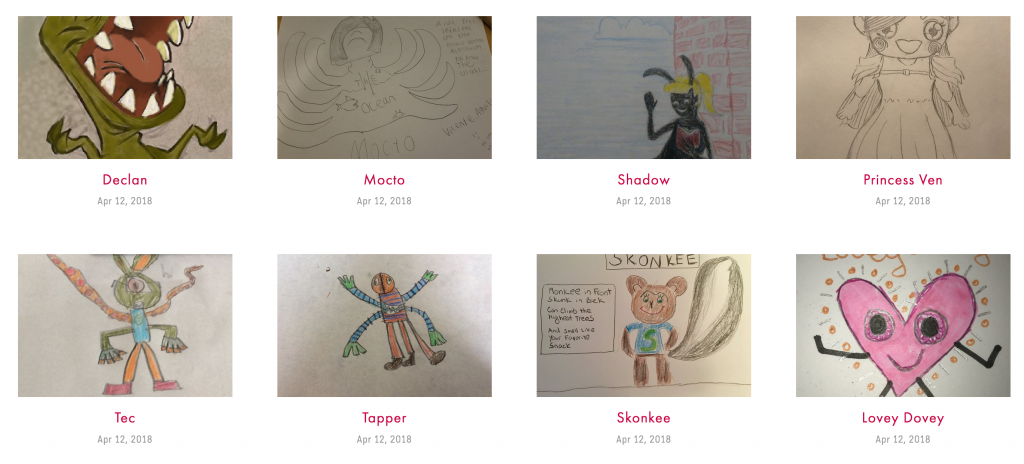
Some of the community-generated friends donated to the project by children and supporters.
In recent coverage of the Imaginary Friend Society project and the app, Cnet journalist Abrar Al-Heeti spoke with a young patient undergoing treatment for a brain tumor at the Children’s Hospital Los Angeles, who after interacting with the AR characters said that “it makes me feel happy.”
In an interview with Al-Heeti, assistant professor of pediatrics and anesthesiology at Baylor College of Medicine, Kathleen Chen said that the app helps children—who often excitedly try to find and touch the characters appearing suddenly in augmented reality—not only through the characters’ encouraging words, but also through the inherently immersive quality of AR, which helps to keep kids’ minds off of their cancer treatments, if even for a few moments:
“VR and AR are unfamiliar to a lot of kids because they’re such new technologies, so it’s instantly engaging and very distracting […] it minimizes any focus on the negative experience that they’re actually having.”
Supporters can donate a new character to the Imaginary Friend Society here, or give a material contribution to support the PBTF by visiting the foundation’s donations page.

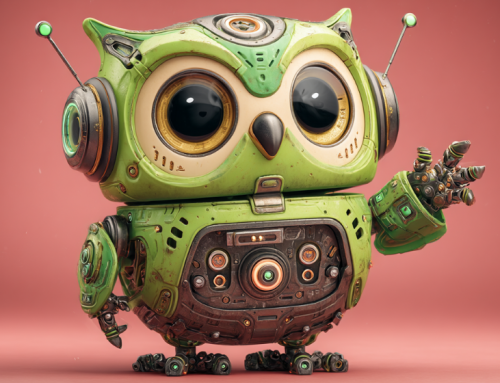

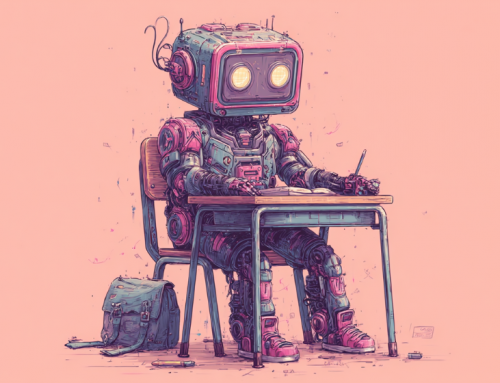

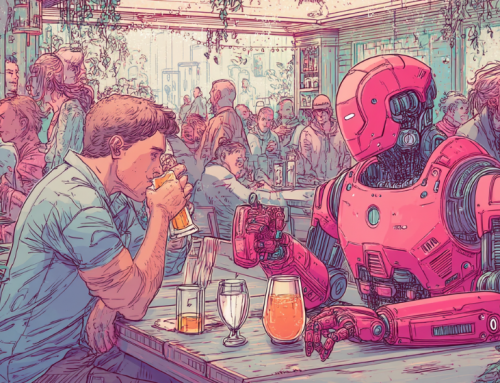

Leave A Comment